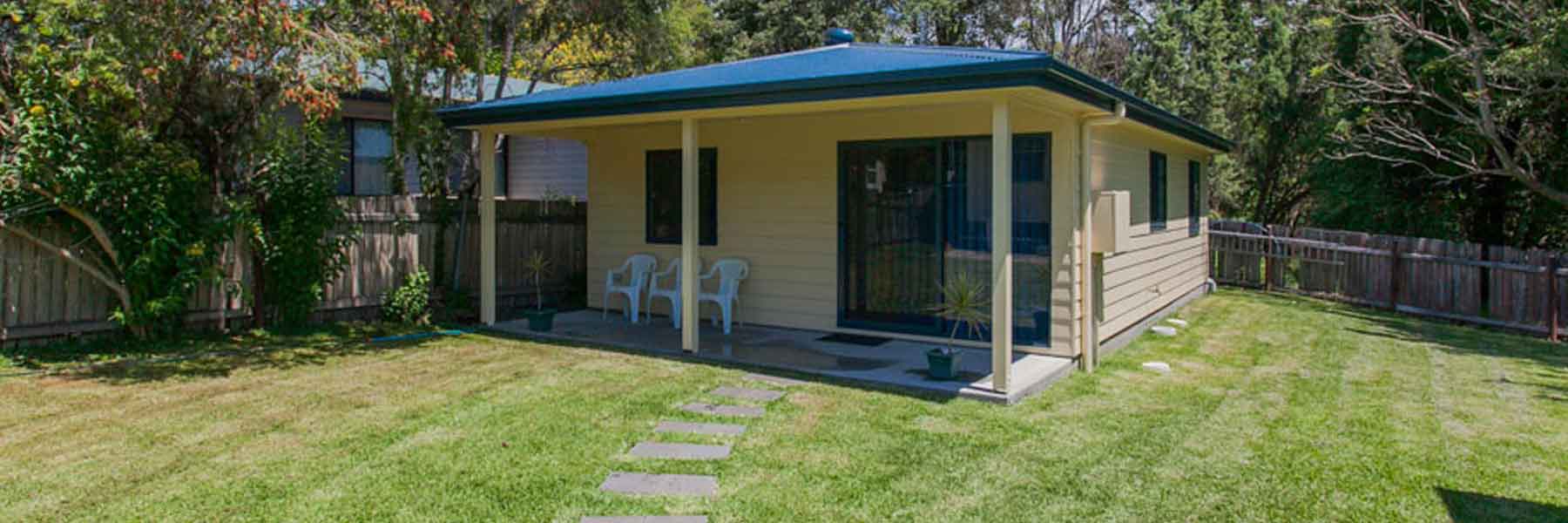Home > Home Loans > Lending Criteria for Home Loans
Lending Criteria for Home Loans
Author
Savvy Editorial TeamFact checked
Each lender in Australia will have their own criteria and policies when it comes to the suitability of home loan applicants. However, you’ll soon find that most lenders will cover the same general beats for their eligibility criteria, so it’s wise to have a base knowledge about the sorts of things you’ll be asked in an application. Find out more about what you’ll need to know in our guide below.
What are the most common lending criteria for home loans?
There’s likely to be a decent list of eligibility requirements laid out by your preferred lender that borrowers must satisfy to proceed with their application. Here are some of the most common criteria areas you’re likely to encounter in the home loan application process.
Who you are
When it comes to applying for a home loan, your age and residency status will contribute to the bank’s assessment of your feasibility as a borrower. They'll always look for applicants aged 18 or older, while some lenders will require applicants over 55 years of age to add some details to their applications that prove they’ll be able to repay their home loan after they retire. This might include a detailed plan of how they intend to repay the home loan down the track, called an ‘exit plan’.
Usually, lenders will look for Australian citizenship in home loan applications, but this isn’t a requirement. If you’re a permanent resident, spouse of an Australian citizen or New Zealand citizen, your lending criteria for a home loan will likely be the same as any Australian citizen’s. If you aren’t a resident, you can still apply for a home loan but may not be able to borrow as much.
Your lender will also want to know whether you are borrowing as an individual, a company or trust. This is because the necessary documents for each application will differ, and not all companies or trusts are eligible for a home loan.
Your employment situation
Proof of income is one of the most important aspects of a home loan application. Lenders are looking for applicants who have been in the same job for at least three months and are no longer in their probationary period. Casual workers are not excluded from applying for a home loan, but are usually assessed on a case-by-case basis. If you meet the above criteria, your lender will ask for up to three recent PAYG payslips and your employment contract for proof of length of employment and salary.
If you’re self-employed, you’ll need to provide two years’ worth of tax returns, business financial statements and a notice of assessment to qualify for a full doc home loan. If you don’t have access to these documents, you can submit alternative documentation and apply for a low doc home loan. Low doc home loans generally carry higher interest rates and fees, as well as a lower maximum loan-to-value ratio (LVR) which will likely prevent you from saving money on a deposit.
The current (and past) state of your finances
Lenders will look at the income from your employment, assets and any other source of earnings as a part of their lending criteria for a home loan. The amount that you earn from your employment will help the lender to determine what kind of repayments you can comfortably meet, which directly influences the size of the loan that you’ll be realistically able to keep on top of. To show evidence of your income amounts, you’ll provide PAYG slips as mentioned earlier.
Lending criteria for asset documentation will include things like the savings in your bank accounts, vehicles you may own, share investments, any other properties and superannuation, among others. Other sources of income can include, but aren’t limited to, rental property income, overtime pay, child support and stipends. However, this varies between each lender and is typically assessed on a case-by case basis.
Lenders will also consider your credit score and history as an indication of your suitability for repaying large sums of money. Ideally, applicants would be able to boast a strong history of repaying debts and/or keeping their head above water financially, but it’s not a prerequisite for all lenders. There are plenty of options even if your credit score isn’t perfect, though, but possessing a weaker history will likely deny you access to the best interest rates and features.
The amount you’re asking for and why you need it
Your proposed loan amount is likely to play a major role in the success of your home loan application. Most lenders will seek a minimum 20% deposit from you, meaning that they stump up no more than 80% of the funds for your property. However, some lenders are willing to accept deposits as small as 5% for home loans.
Because of the idea that the smaller the deposit, the greater risk there is for the lender, this will depend on the strength of your finances and how confident they are in you to repay the funds granted. The drawback of getting to pay a smaller deposit, though, is having to pay Lender’s Mortgage Insurance (LMI), which can set borrowers back thousands.
The other element of these criteria is your intended use of the funds. They'll want to know about the area the property is based in, as some lenders have zones that are restricted for home loans such as rural areas. They may also have policies that make it more difficult to secure a home loan for the type of property that you’re buying, such as a unit, apartment or townhouse.
Because lenders are mainly interested in the property for the unlikely event that they’ll have to repossess and sell the house, they have loan criteria to ensure that it’s sellable. Therefore, its size will play an important role, as will its title (lenders will want to guarantee that it can be sold without any hiccups in relation to its true ownership). Strata title housing, whereby you own your individual unit, townhouse or apartment and co-own a share of the land on which it resides, is also typically met with stricter conditions with lenders due to its relative complexity and may not be accepted as security for your home loan.
Which documents will I need to satisfy the lending criteria for my home loan?
In your home loan application, you’ll have to supply at least some documentation for the following areas:
Income documentation:
For employees:
- Payslips and pay summary
- Employment contract
For self-employed (full doc loan):
- Personal and business tax returns (last two years)
- Business financial statements
- Notice of assessment
For self-employed (low doc loan):
- Business activity statements (BAS)
- Audited profit and loss statements
- Letter of declaration from accountant
- ABN
- Registered business name
For investment property owners:
- Signed lease
- Rental statement (most recent)
Identity documentation:
Primary identity documentation:
- Driver’s licence
- Passport
- Proof of age card
Secondary identity documentation:
- Birth certificate
- Medicare or health care card
- Citizenship certificate
- Credit or debit card
Asset and liability documentation:
- Bank account details
- Superannuation statements
- Existing property or vehicle documentation
Frequently asked questions about home loan lending criteria
Yes – generally speaking, the larger the deposit, the greater the chance for success in your application. If you’re able to put forward more than the required minimum, lenders will be very pleased to not have to stump up more of their own money. Plus, you can help avoid costs like LMI.
No – lenders will want to see evidence of income as part of your application, and Centrelink benefits on their own won’t be enough to qualify you.
Potentially, yes – guarantors add a type of security to your home loan that will make lenders more confident in you as a borrower and may be required for some home loan applicants. If you only want to put down a small deposit, or none at all, but don’t have a great credit score, a guarantor could be an effective way around this.
Yes – in terms of documentation required, you’ll have to show evidence of your savings, as well as bank and credit card statements. Your documents in relation to the First Home Buyer Grant, should you be eligible to receive it, will also be factored into your application.
Yes – this comes back to lenders wanting to guarantee that your property is sellable and will have different criteria for different types of property. For example, criteria for units and rural properties tend to be much stricter than other types of property.
Yes – calculators such as this will allow you to work out how much you’ll be paying for your mortgage with different lenders and lending criteria.
No – depending upon whether you’re using your property to live in or rent out, different criteria will apply, namely the maximum amount you’ll be able to borrow as a result of supplementary income from renters.









